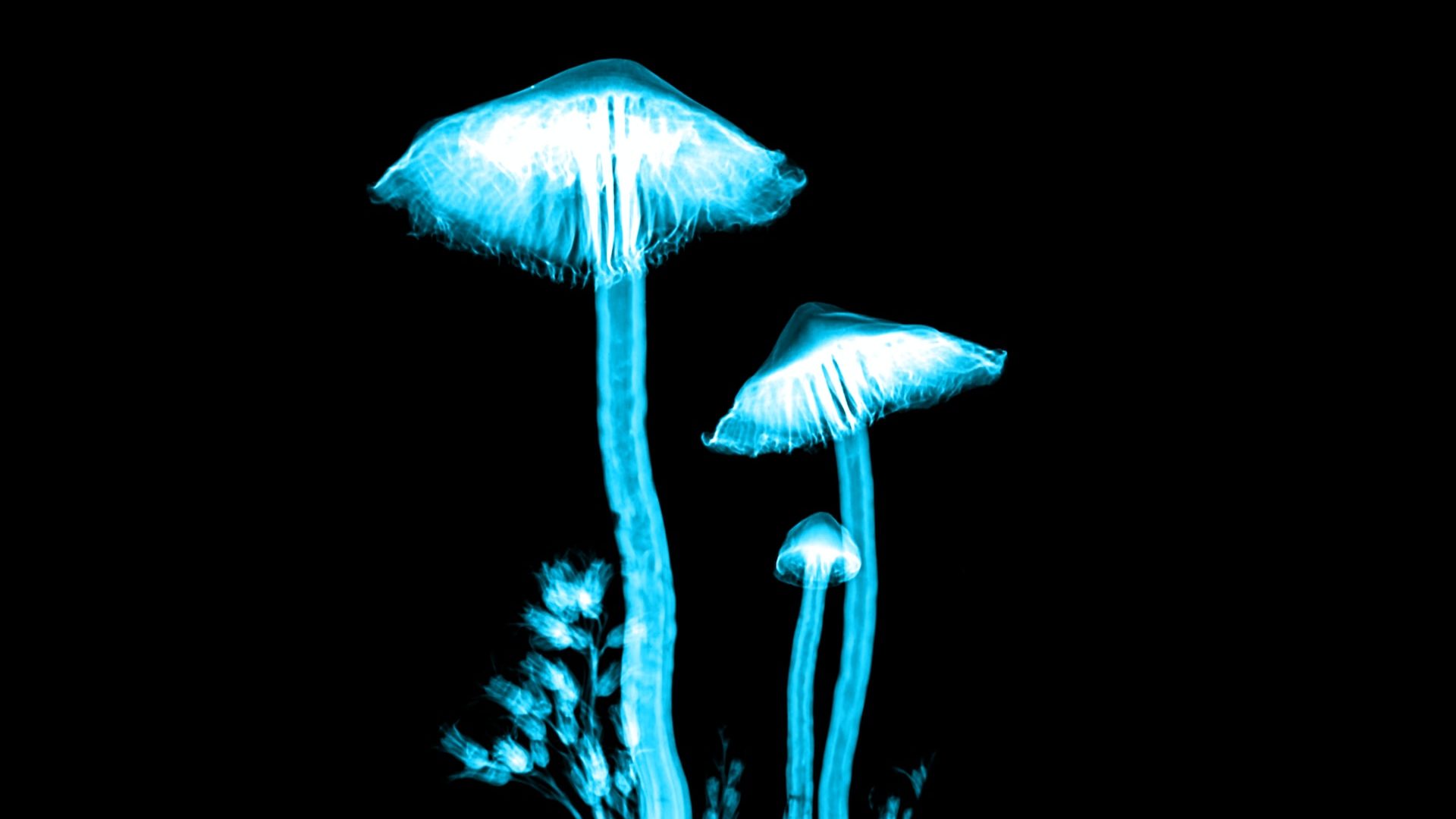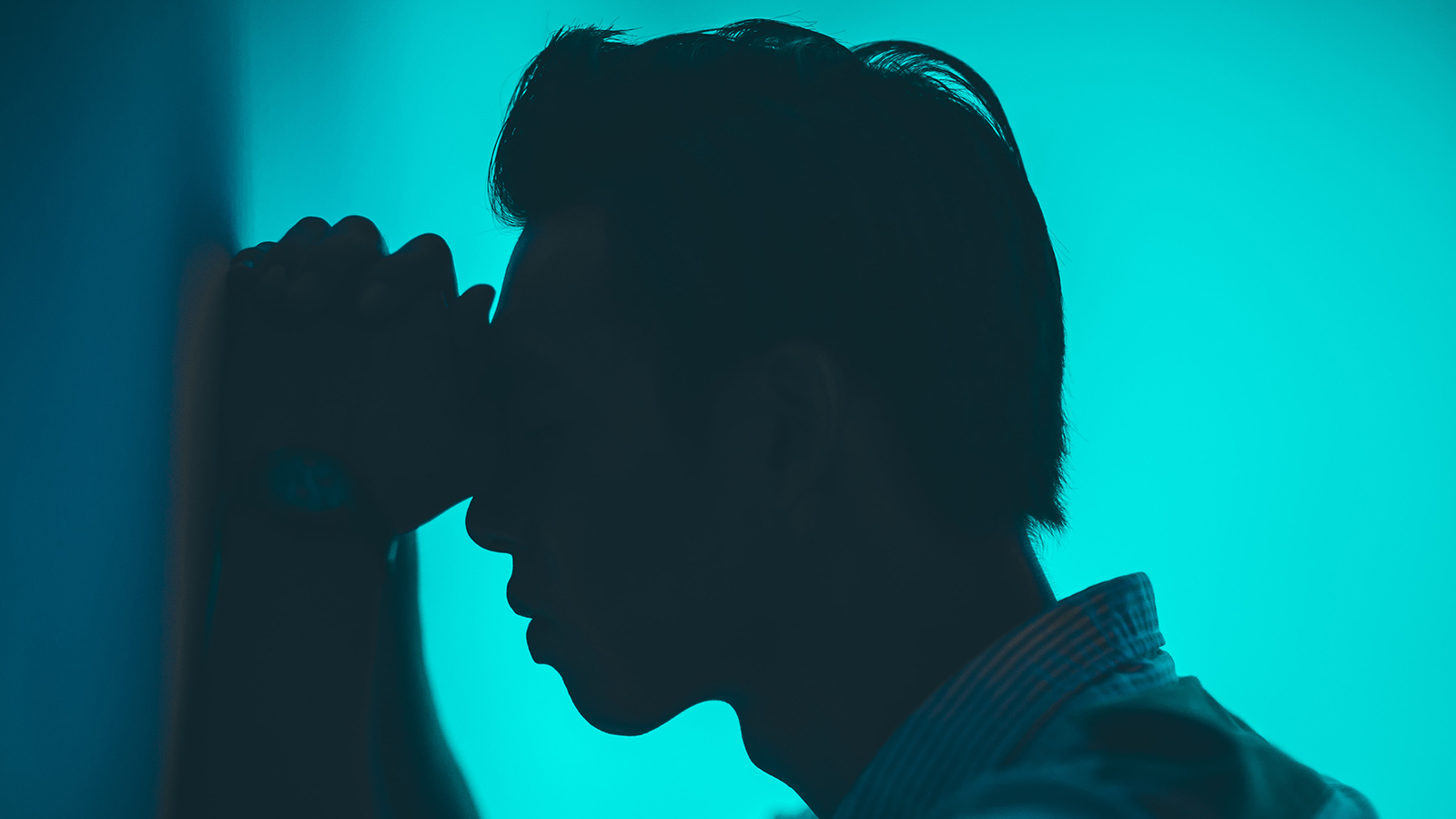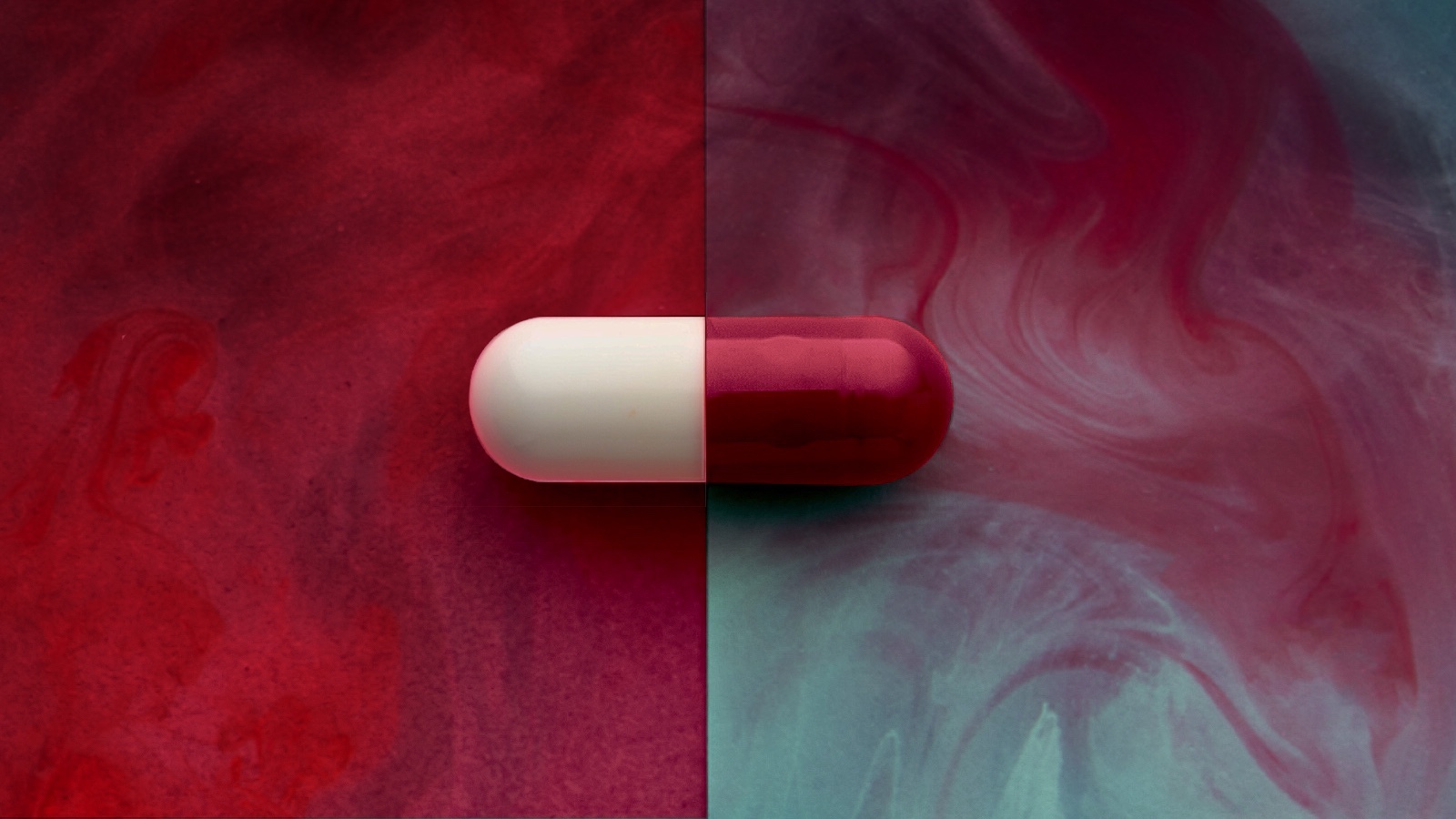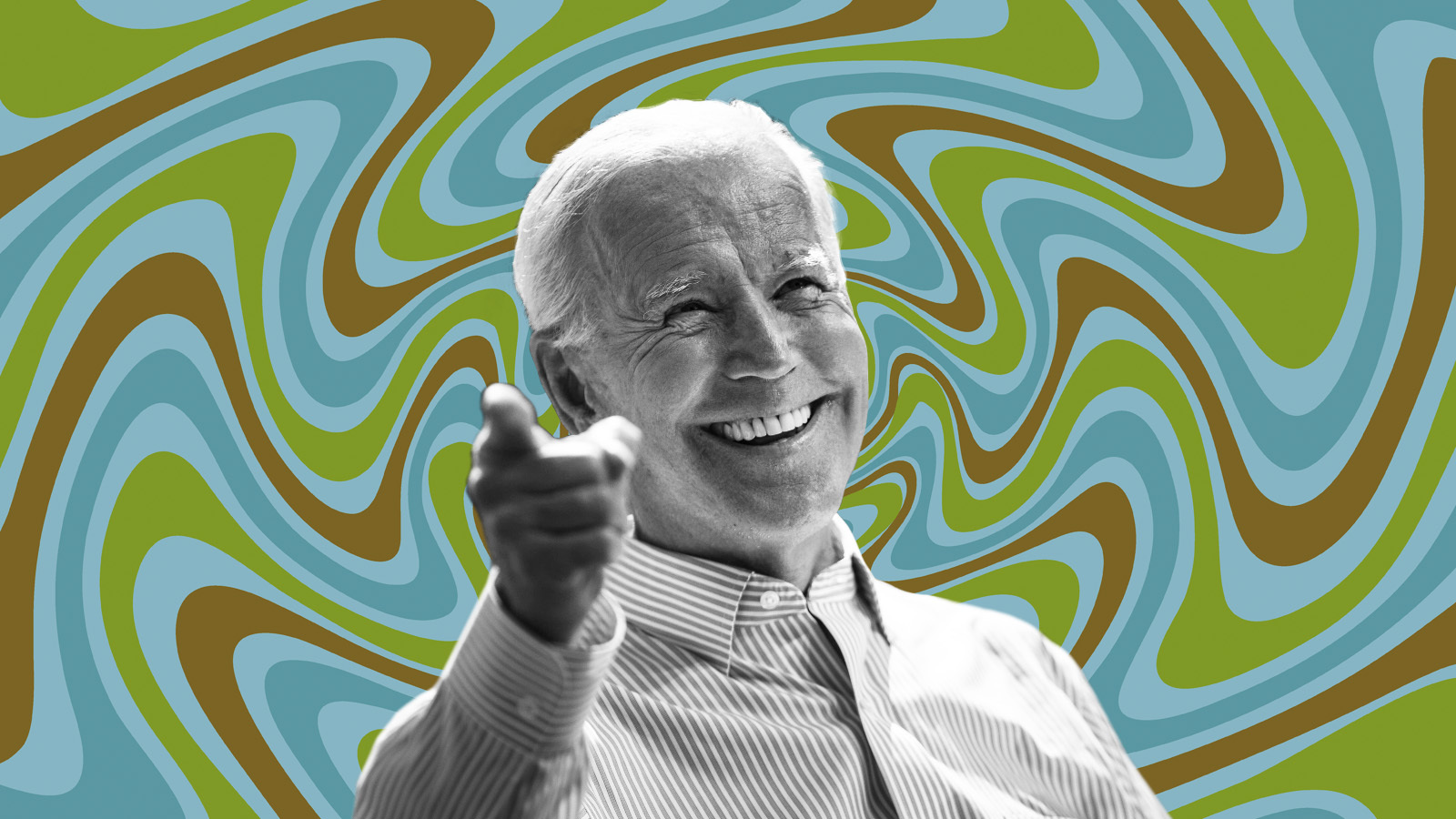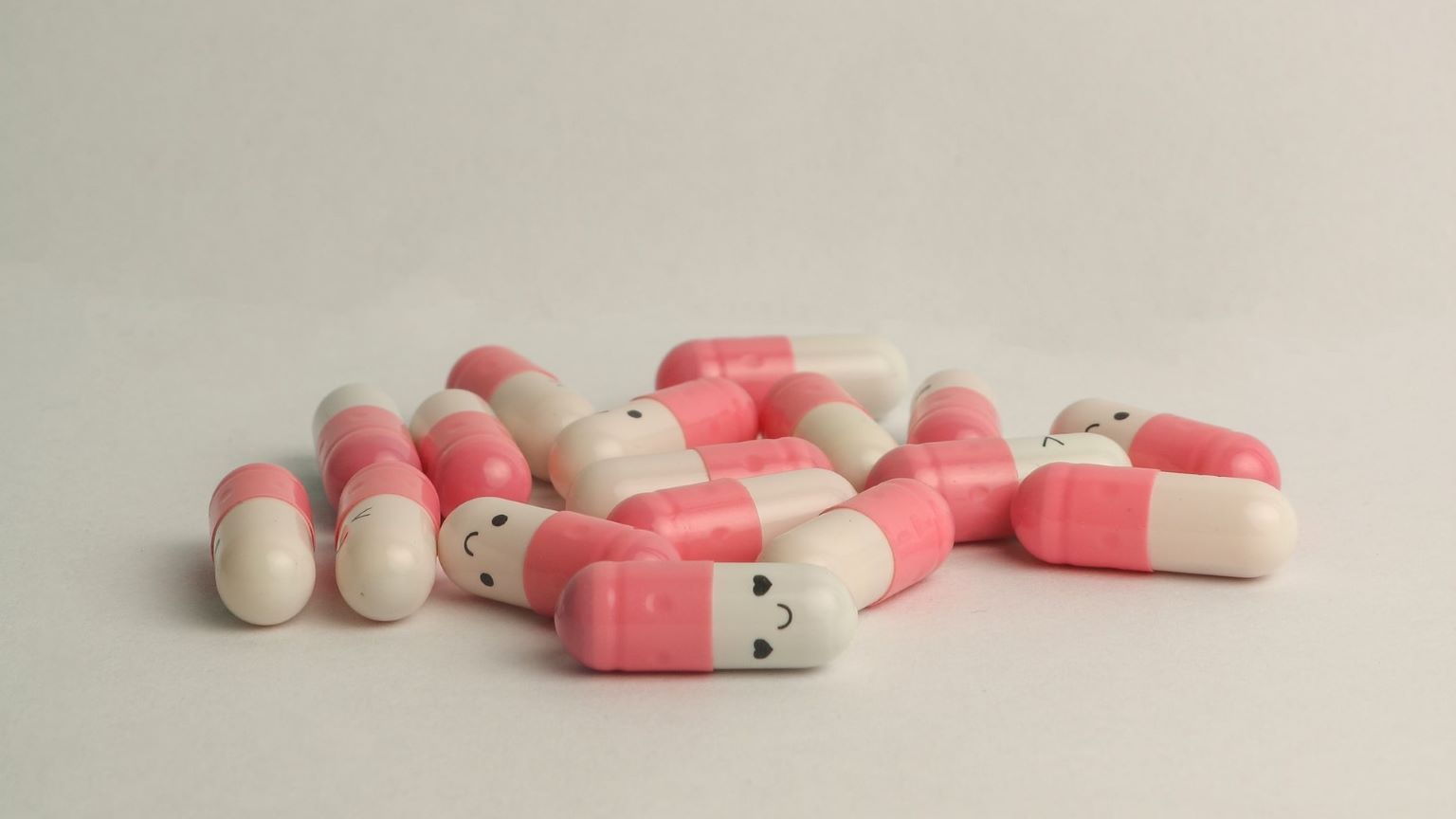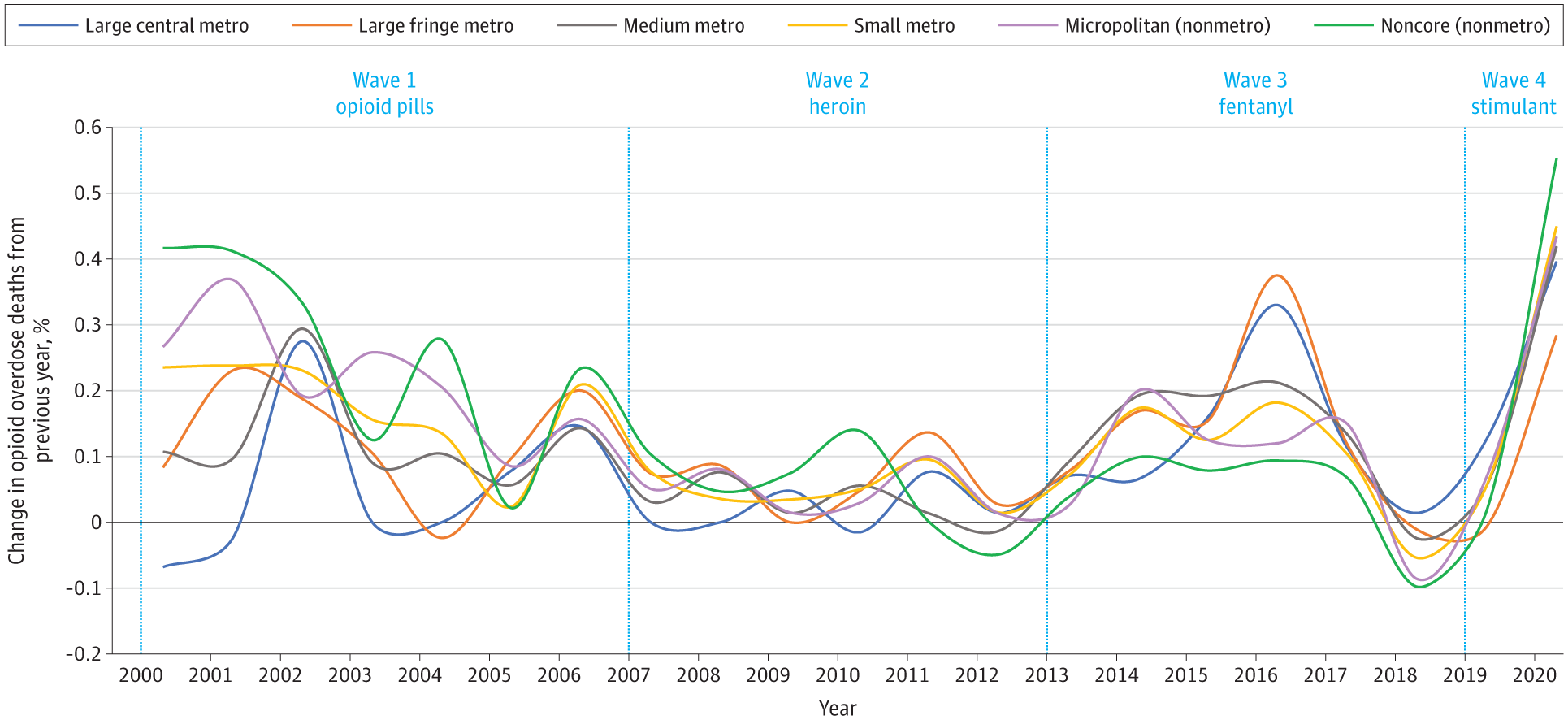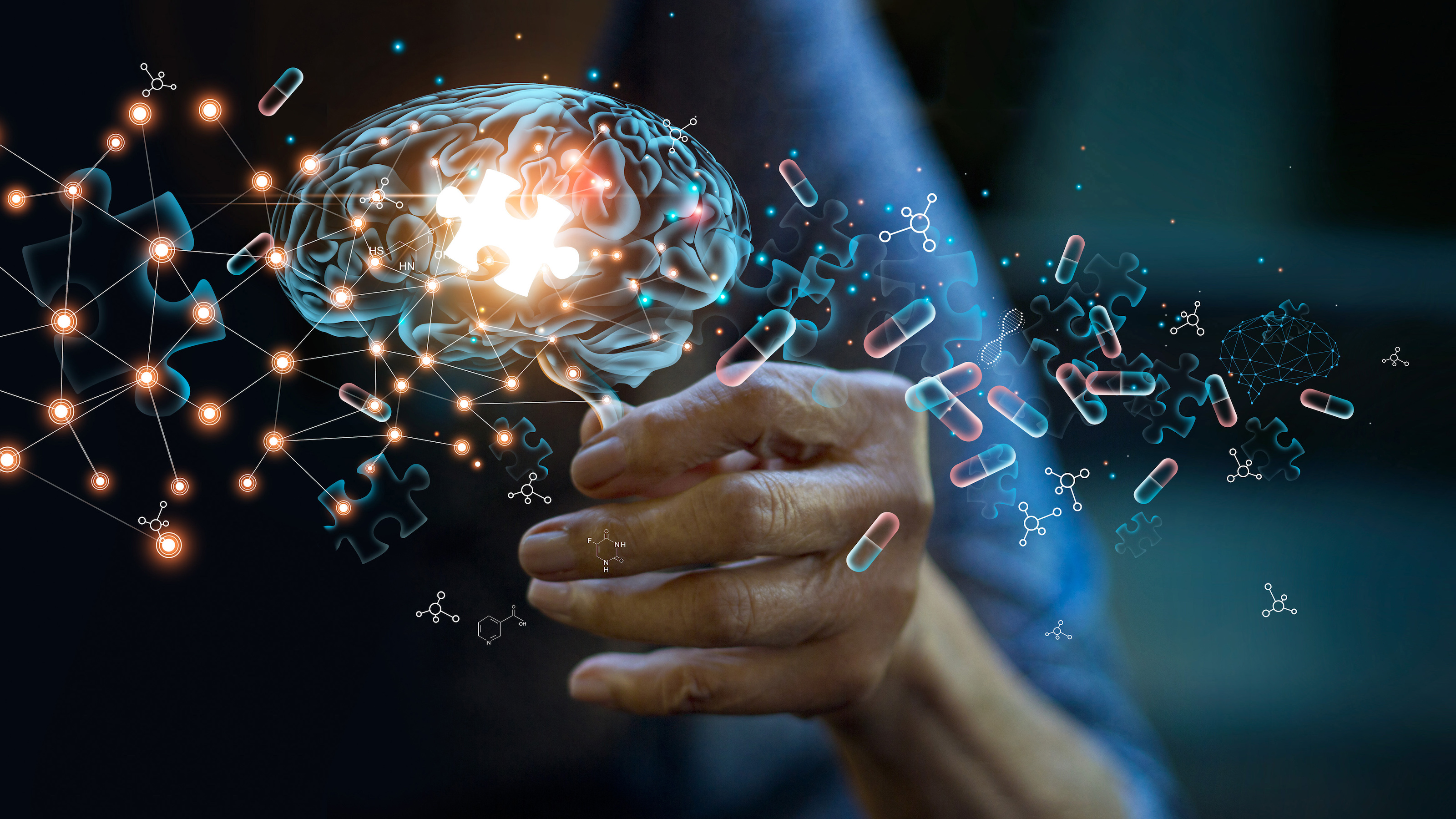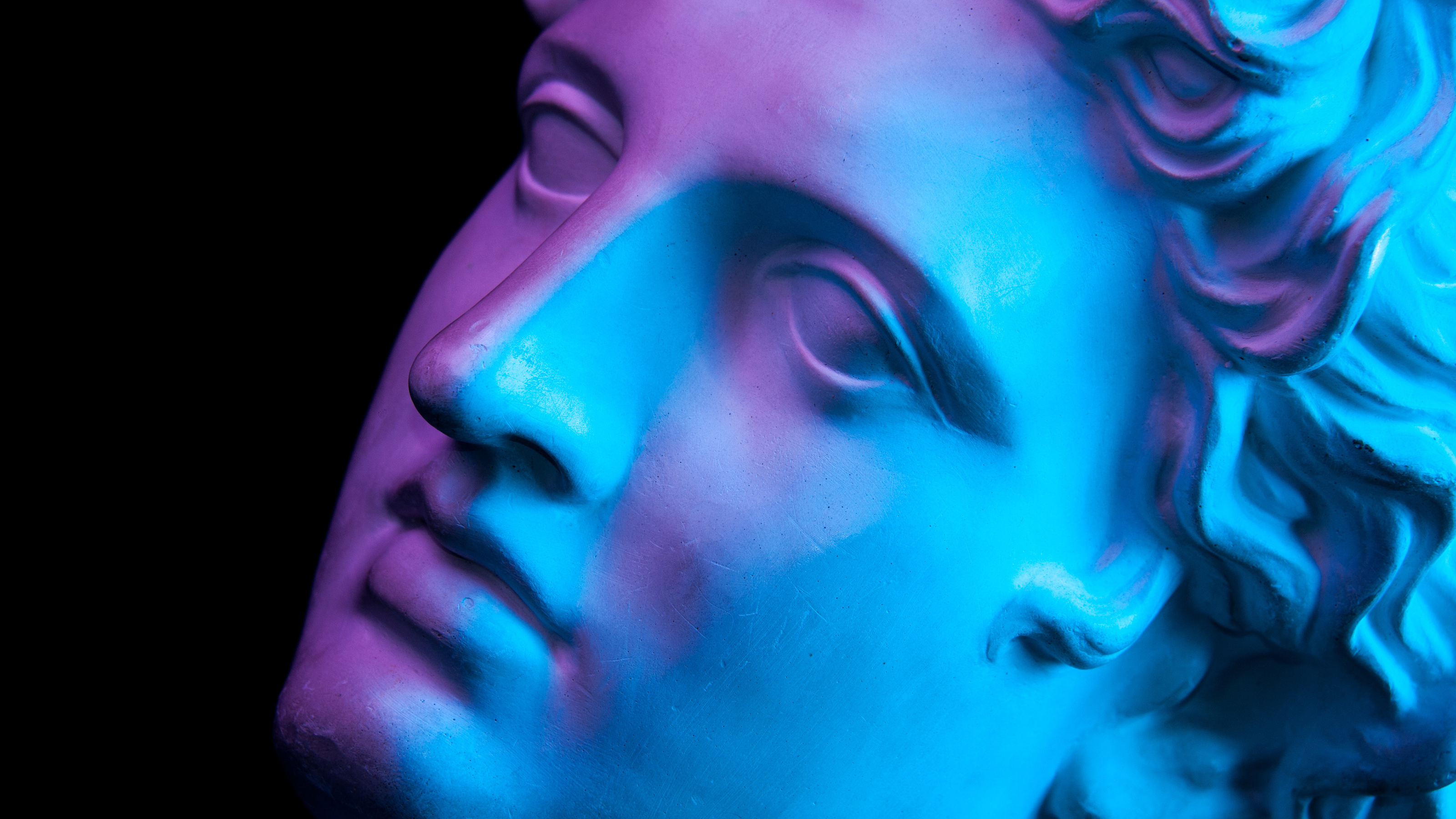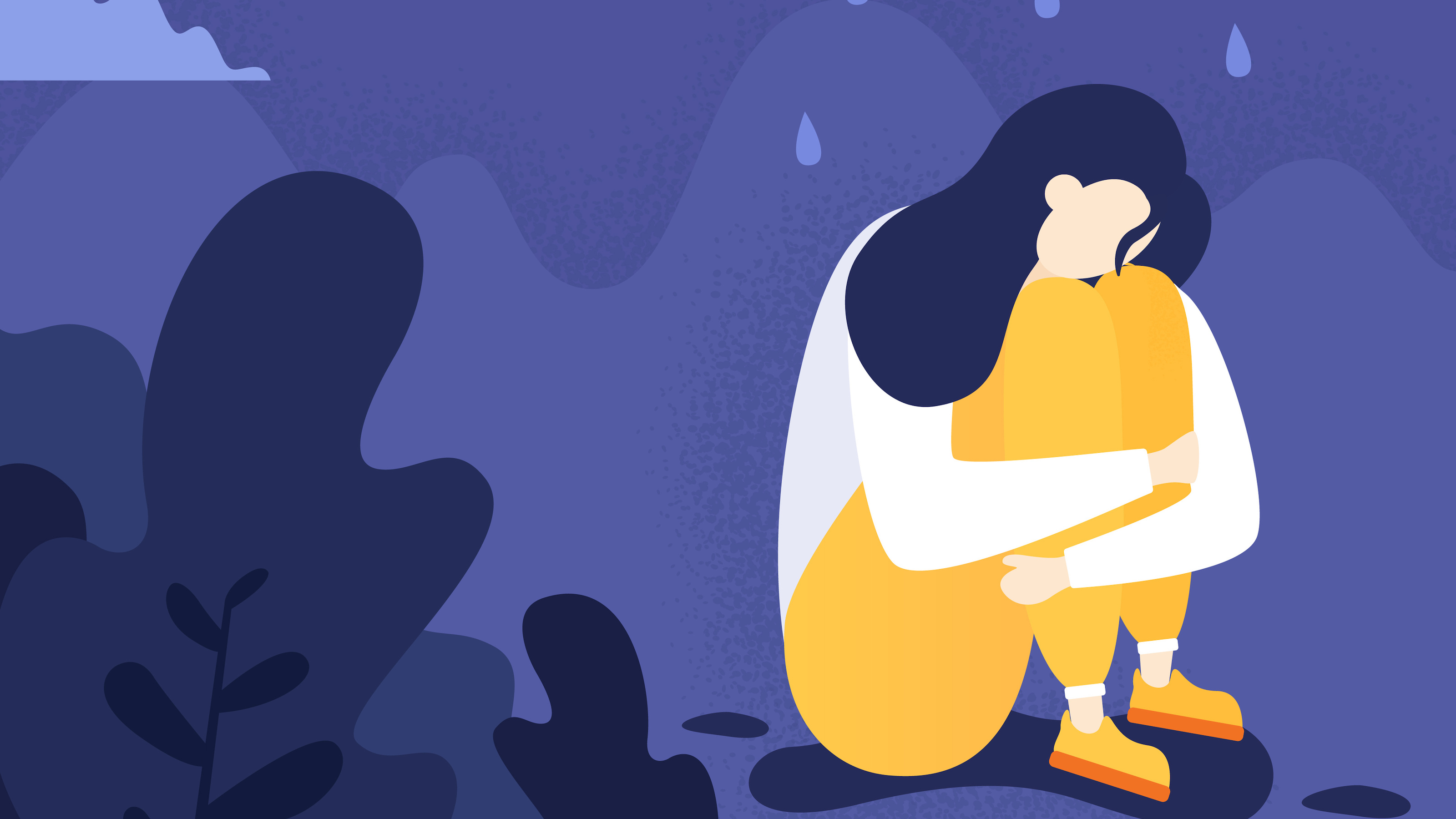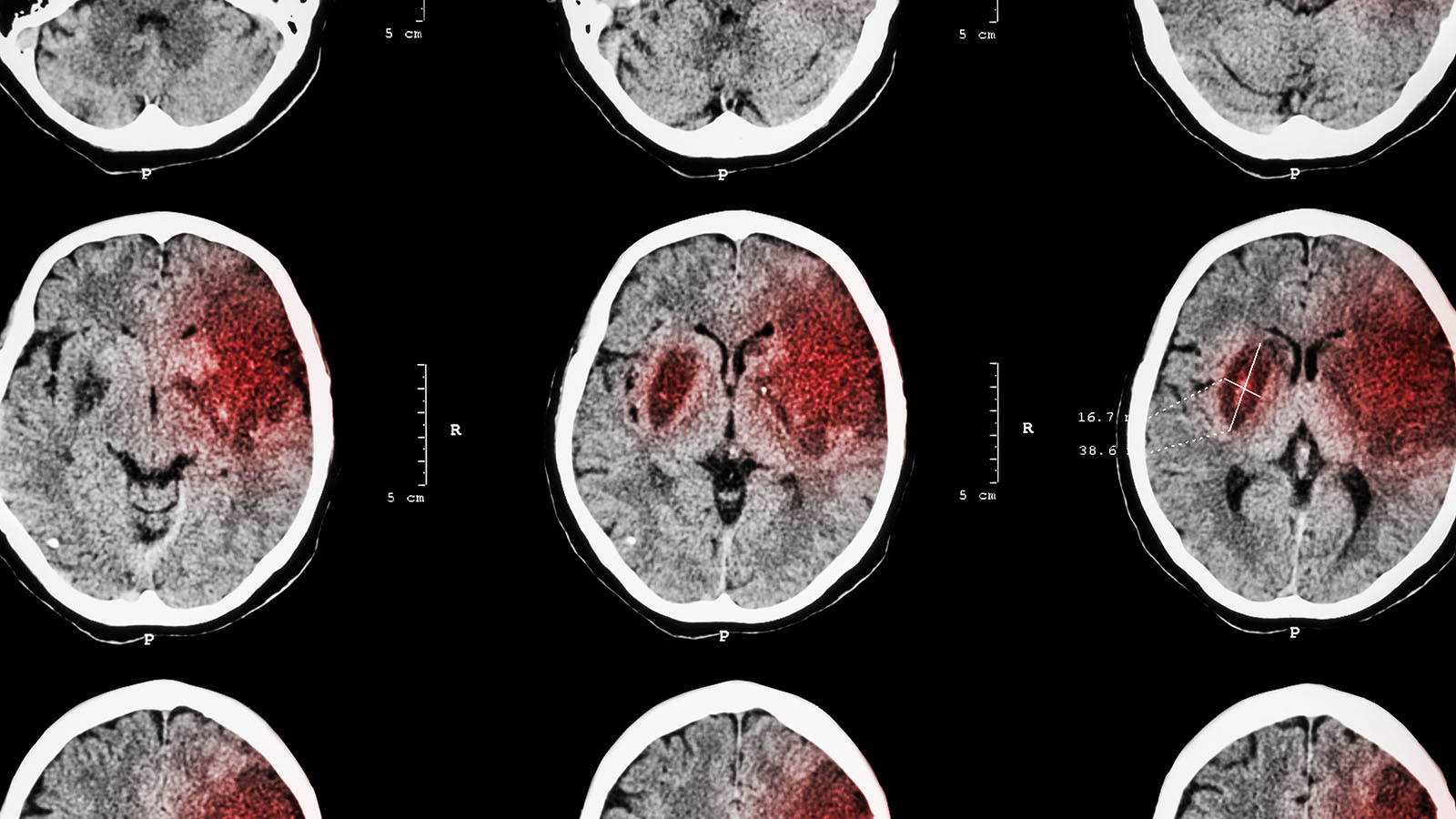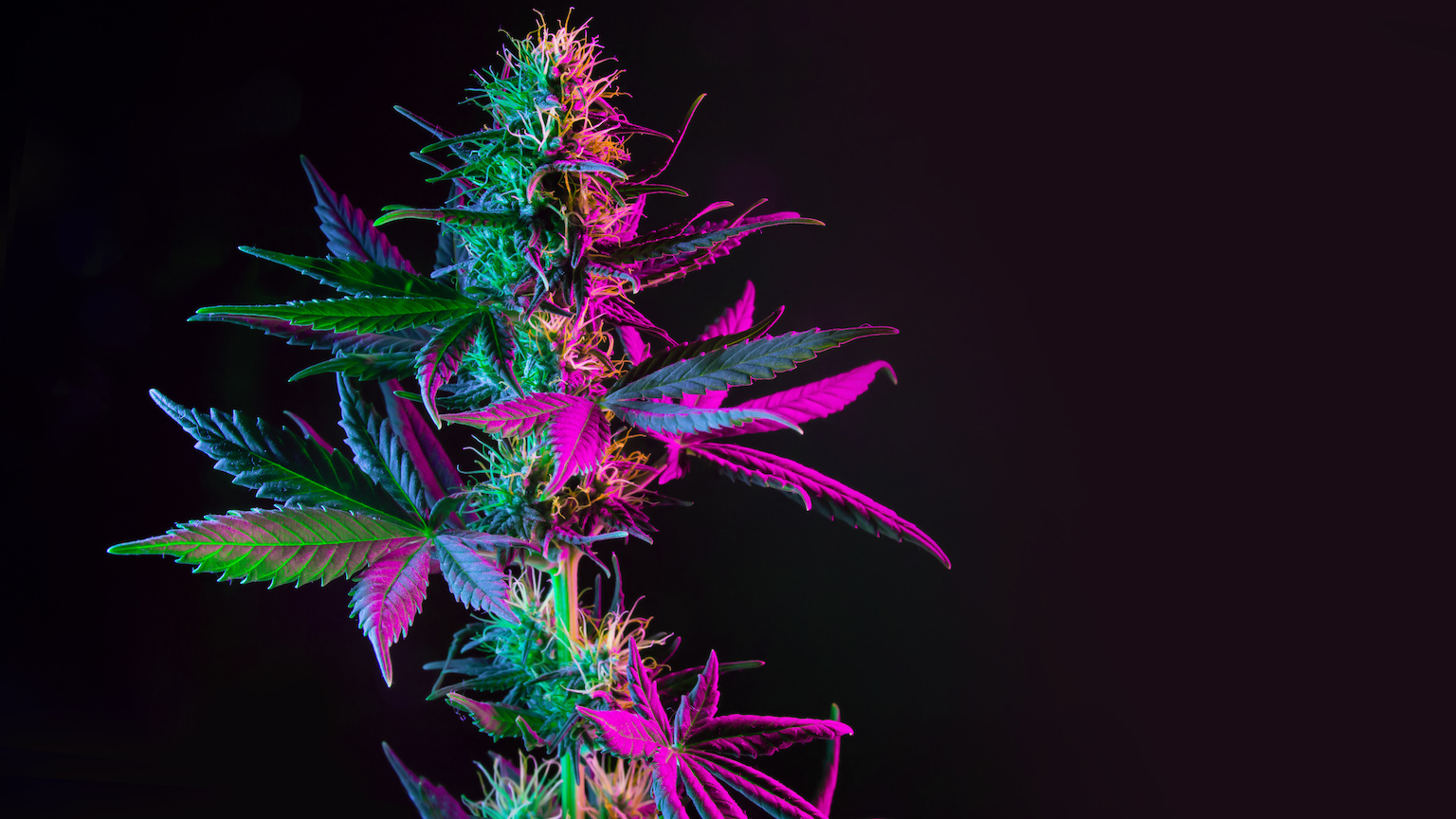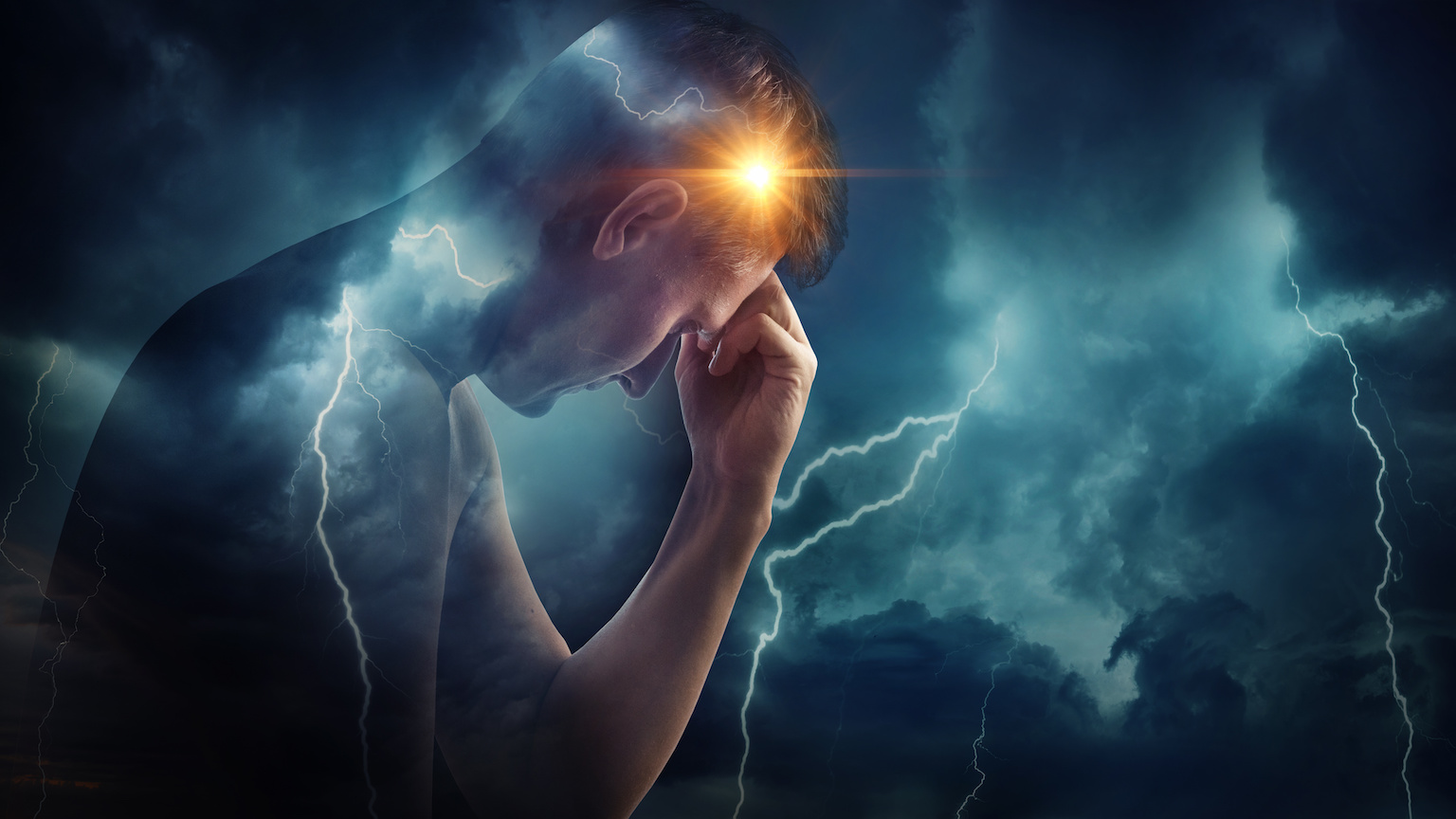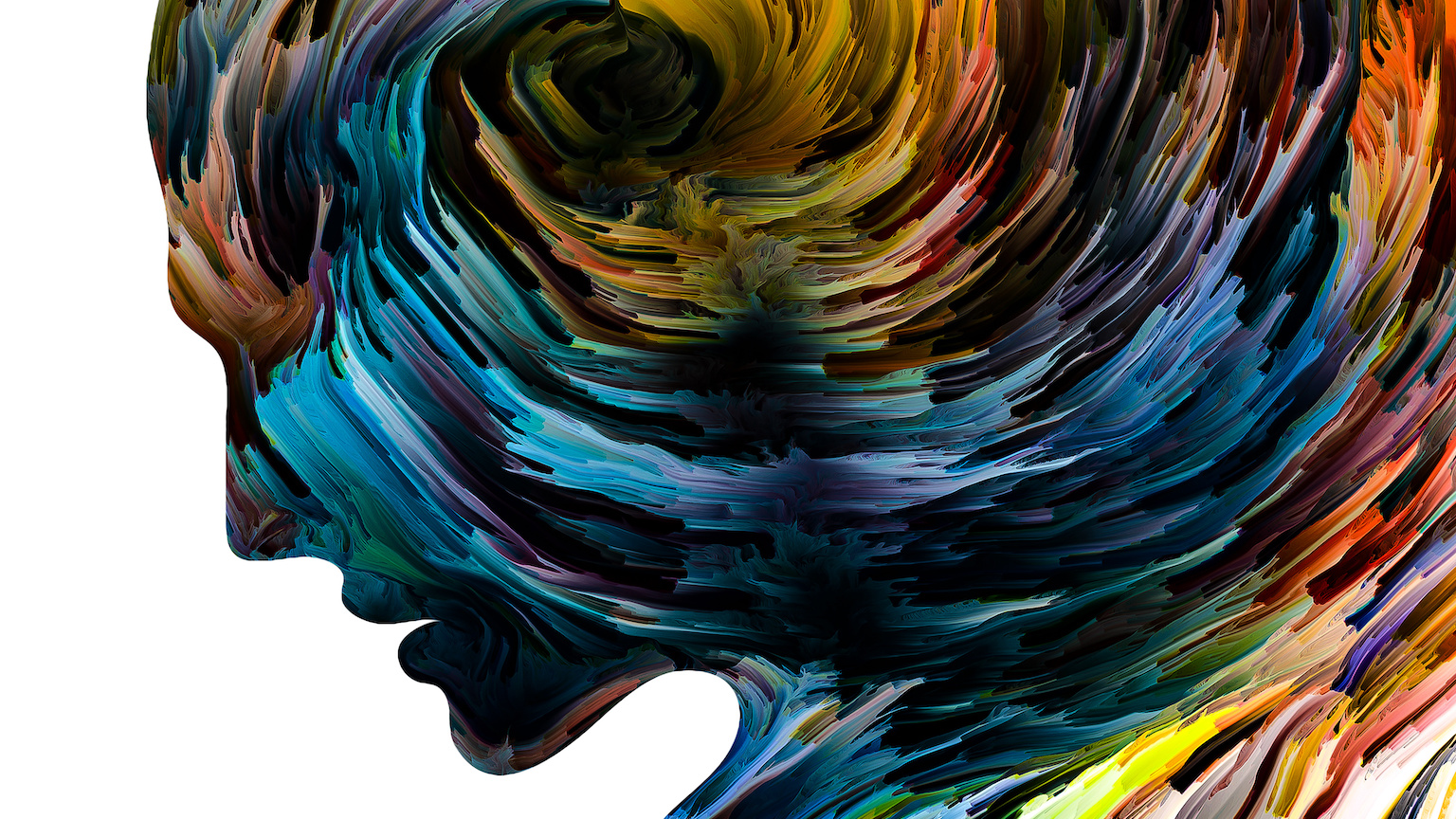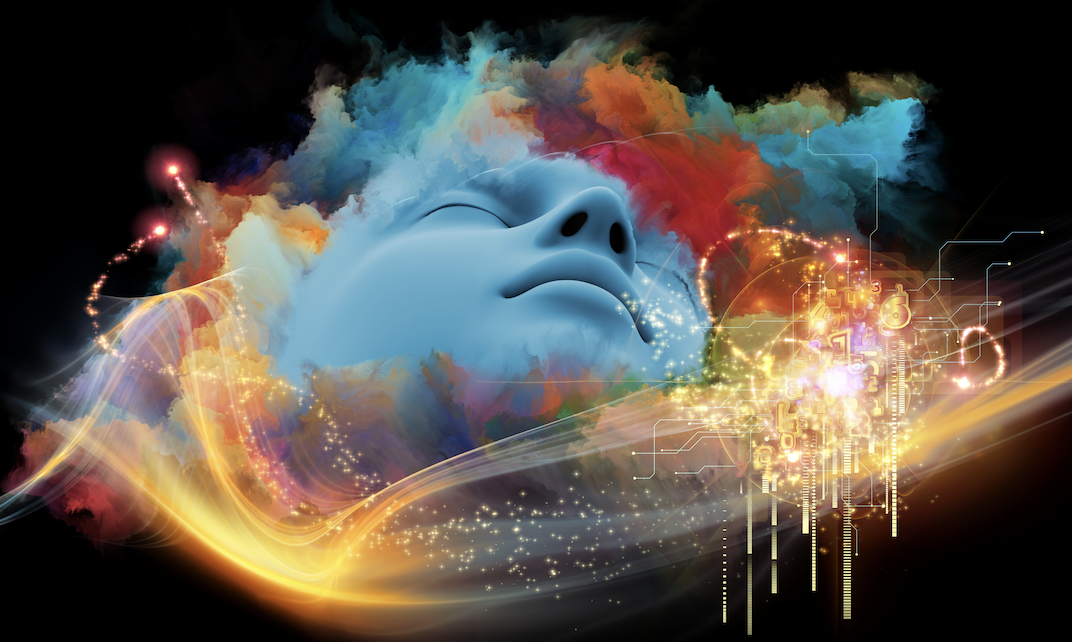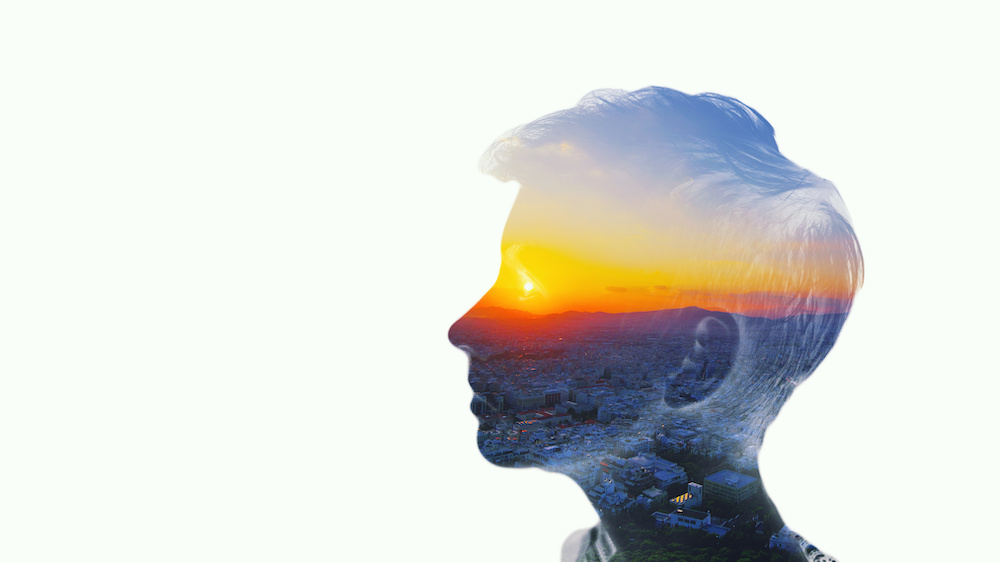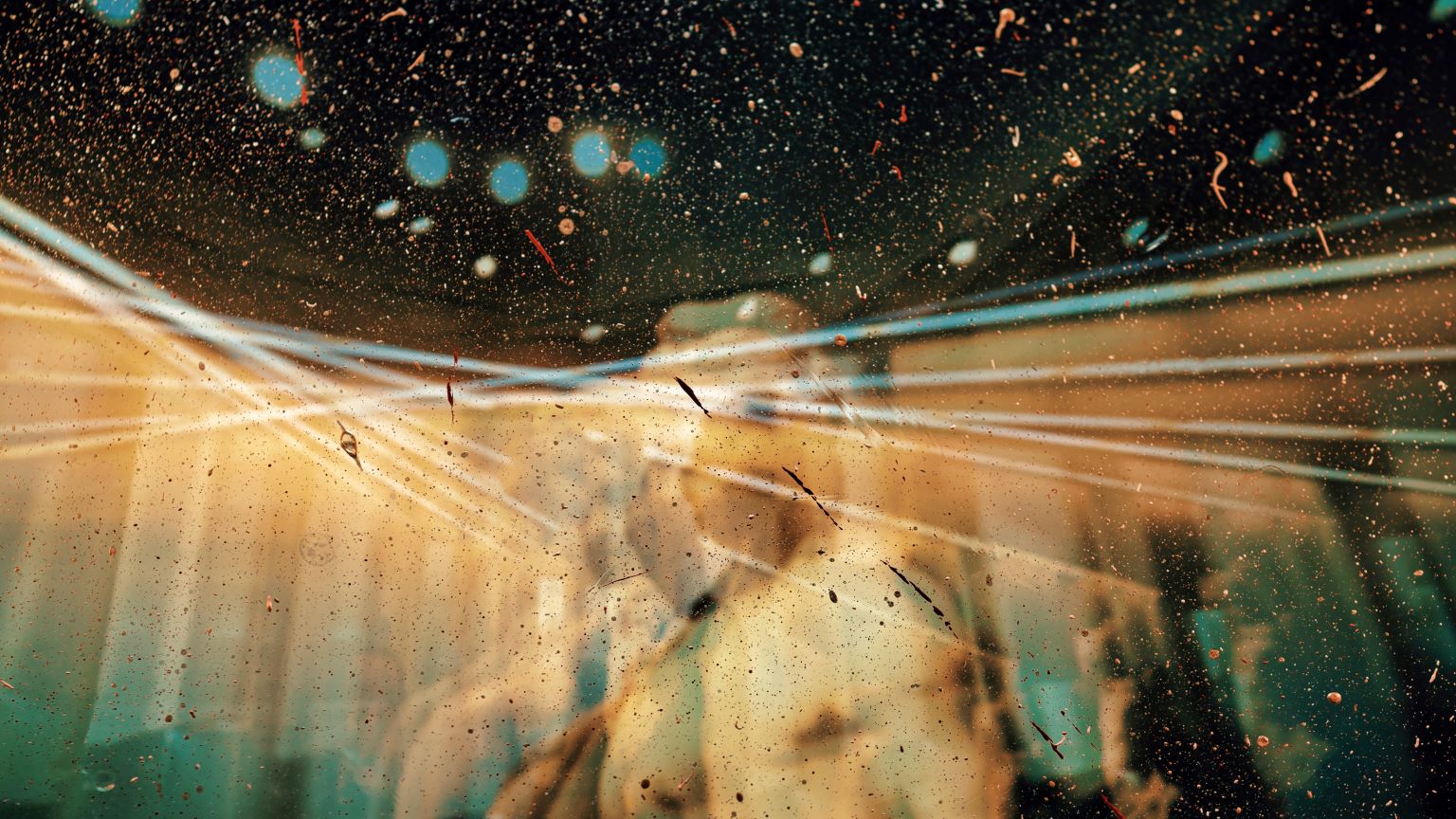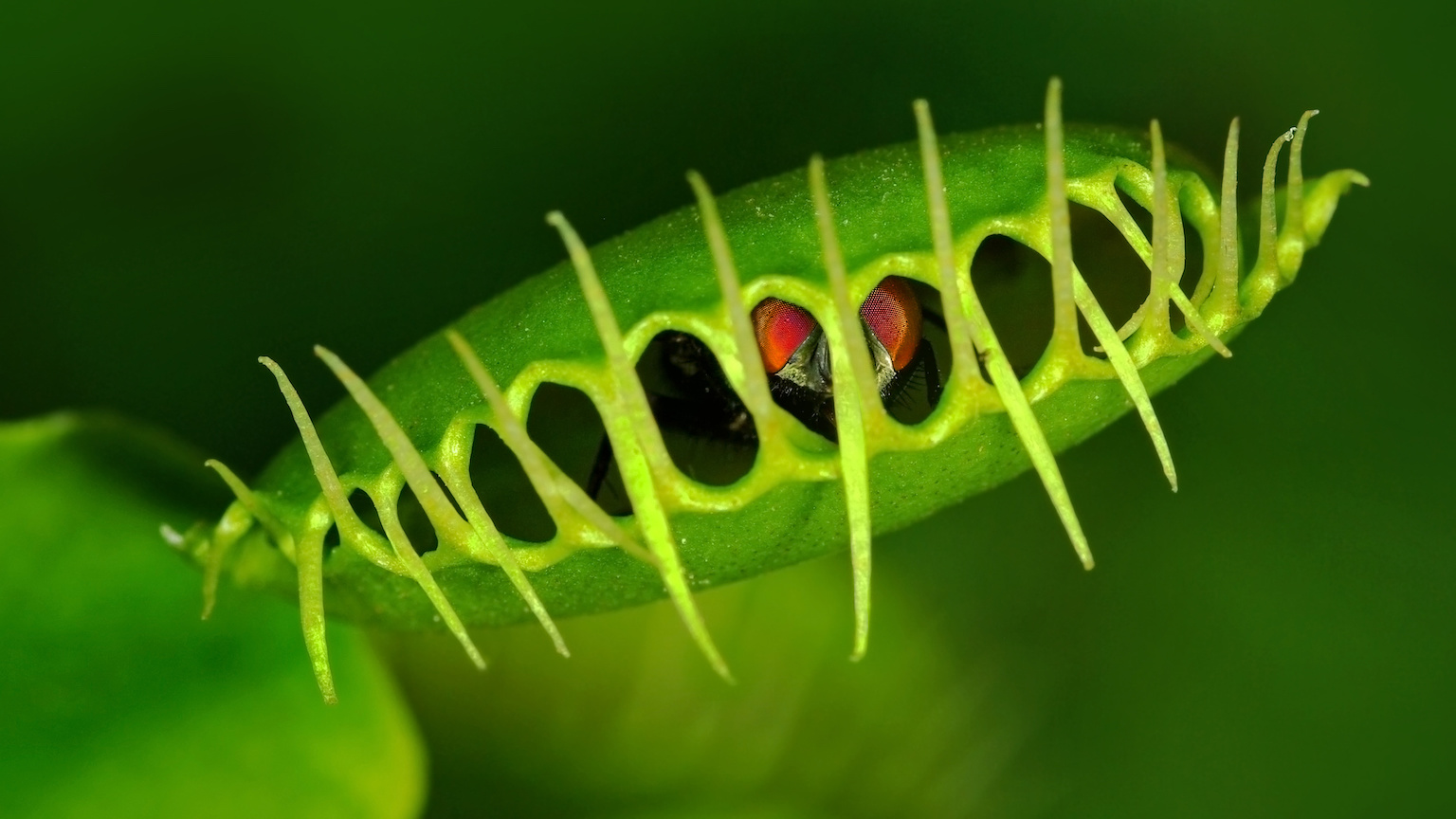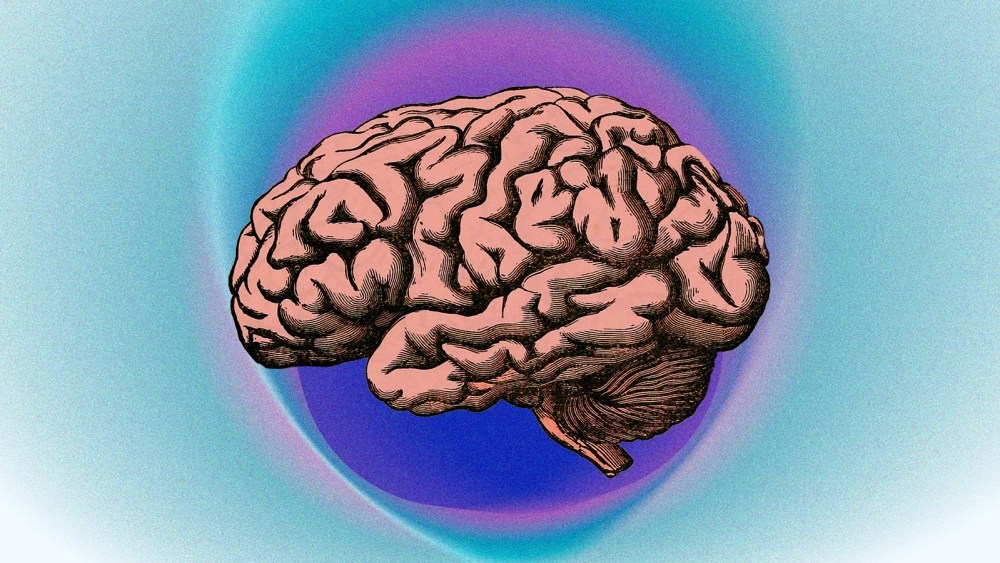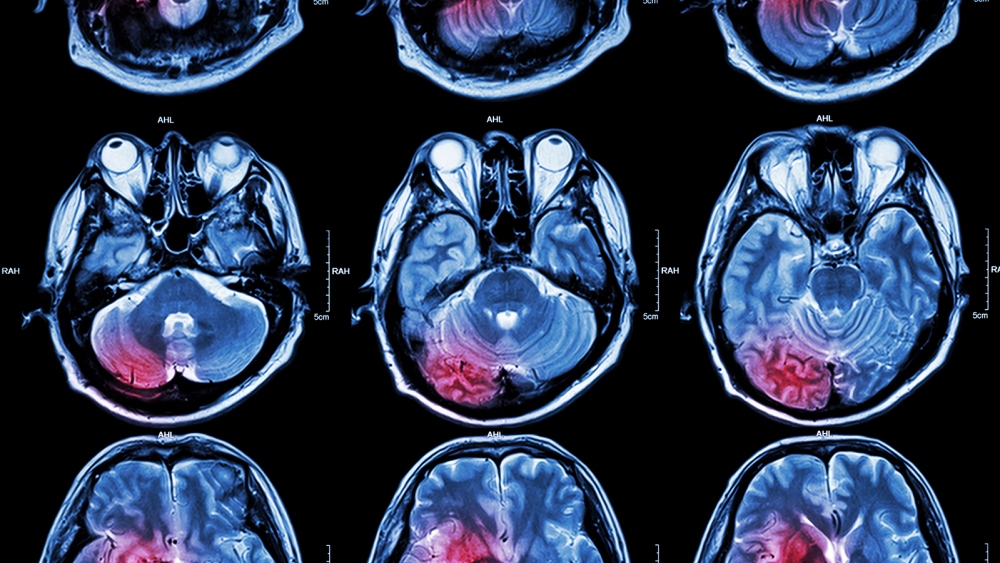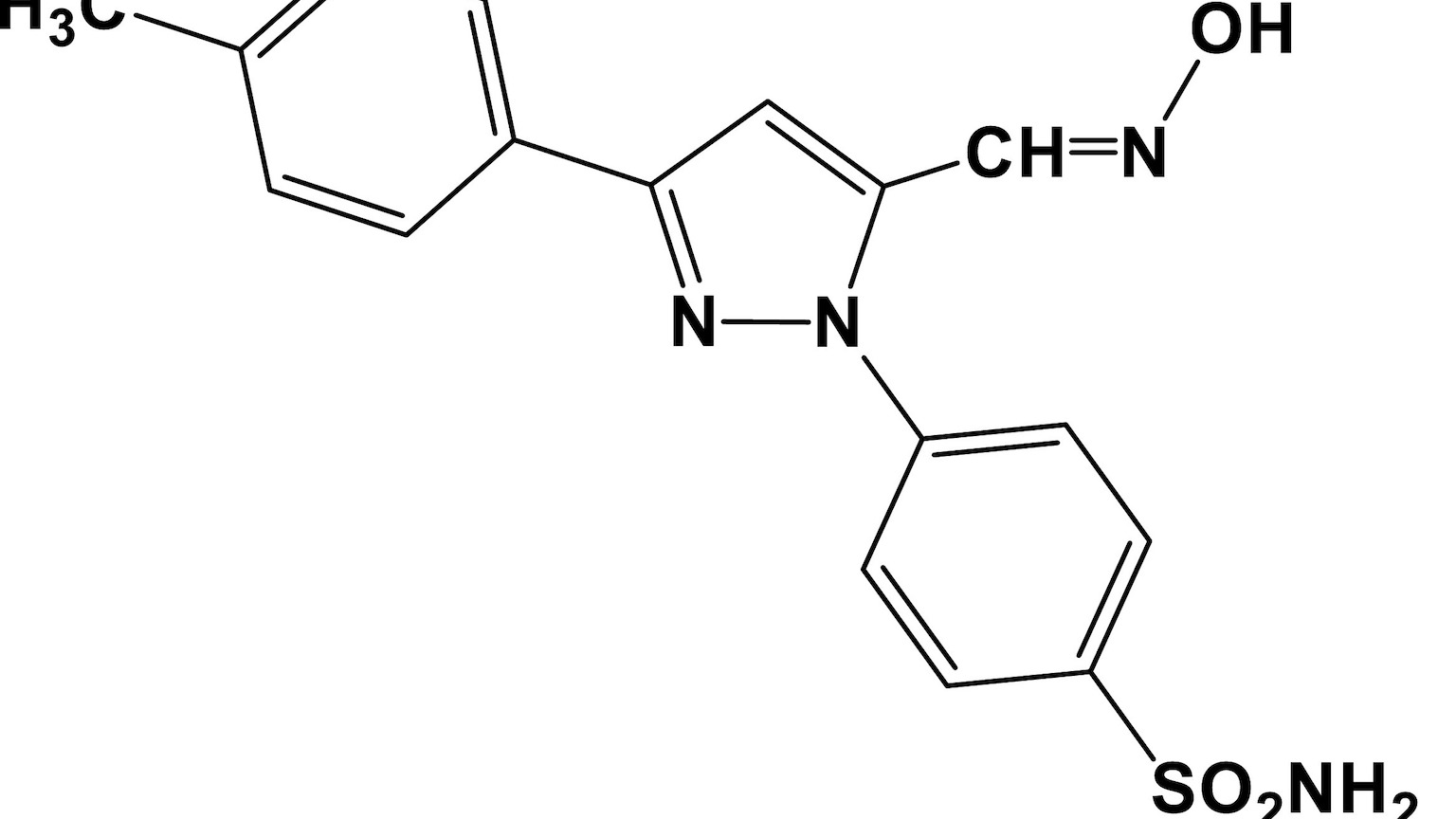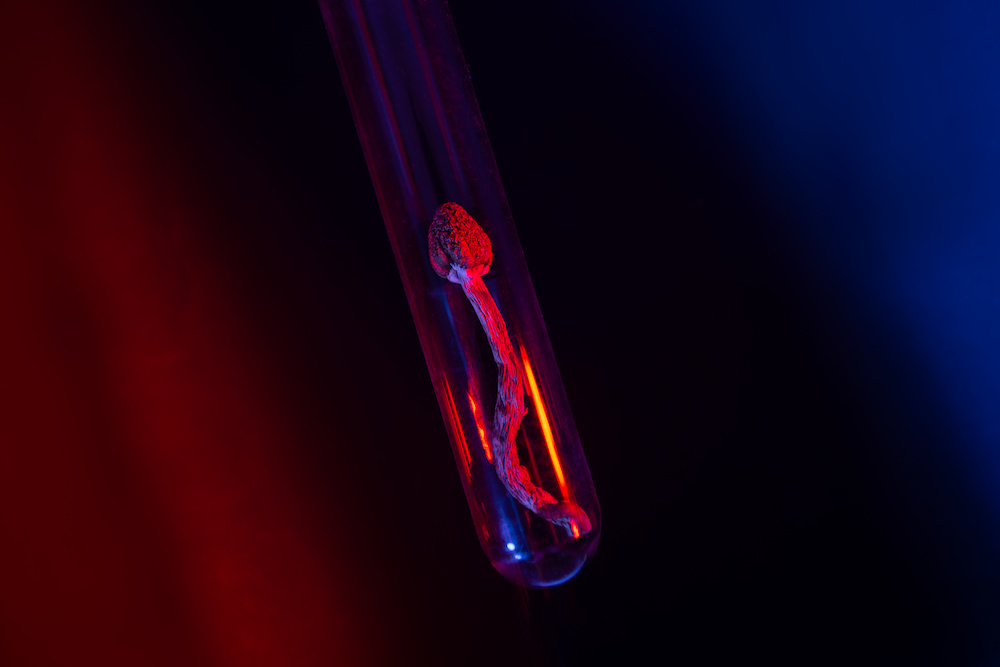Psychedelics & Drugs
Which studies are actually worth the hype?
A key question is how to keep that relief going without relying solely on repeated ketamine infusions.
Fluphenazine, once used to treat schizophrenia, is capable of blocking a compound connected to chronic pain.
We also don’t know how Tylenol works. But it does work.
Before anesthetics, some patients would die of the pain on the operating table.
Here’s what it means for the field.
While one may be helpful, the other may be harmful.
“This fourth wave will be worse than it’s ever been before.”
Myrkl (pronounced “miracle”) is supposed to let you go wild without facing the consequences the next day. But does it actually work?
Noradrenaline-targeting drugs, including blood pressure, depression, and ADHD meds, improve Alzheimer’s disease symptoms.
Long before tobacco arrived from the Americas, ancient civilizations in the Old World were getting high off hemp smoke and opium.
Deaths of despair are skyrocketing in the U.S., while at the same time, they are falling in other wealthy countries. What are we doing wrong?
The common drug is called gabapentin, which is currently used to control seizures and manage nerve pain.
There are almost no standards governing the cannabis industry. Your favorite weed strain may contain unpleasant surprises.
Drugs that stifle acute inflammation may prevent the body from healing properly.
Disulfiram is an FDA-approved drug for the treatment of chronic alcoholism. It might also serve as anti-anxiety medication.
A toxicological study shows that the victims of human sacrifice consumed coca leaves and ayahuasca before they were killed, but not for reasons we originally thought.
A small percentage of people who consume psychedelics experience strange lingering effects, sometimes years after they took the drug.
The results of a 2021 study suggest that the world’s most powerful psychedelic may be an underutilized peace-building tool.
The study shows that it’s possible to map the wildly subjective psychedelic experiences to specific brain regions.
Anesthesia causes animals and humans to lose consciousness. A study found it has a similar effect on Venus flytraps.
Some scientists believe that DMT could revolutionize the treatment of depression.
Zuranolone might help people feel better sooner than if they were relying on standard treatment alone.
Researchers look to an FDA-approved drug ingredient that can “scoop-up” and store cholesterol and possibly stave off post-stroke dementia.
Hormonal birth control for women may elevate the risk of depression and suicide, but so does pregnancy itself.
Painkillers have nasty side effects, such as organ damage or addiction. Researchers have discovered a new drug that may cause none of these.
Ingesting tiny doses of hallucinogens might not have the outsized benefits that some people claim it does.
Risqué or just risky?
Treatments for depression have significantly improved since the 1980s. So why isn’t the rate of depression decreasing?
After a night of partying and heavy drinking, you might be tempted to Google “hangover cures.” Unfortunately, there aren’t any.
